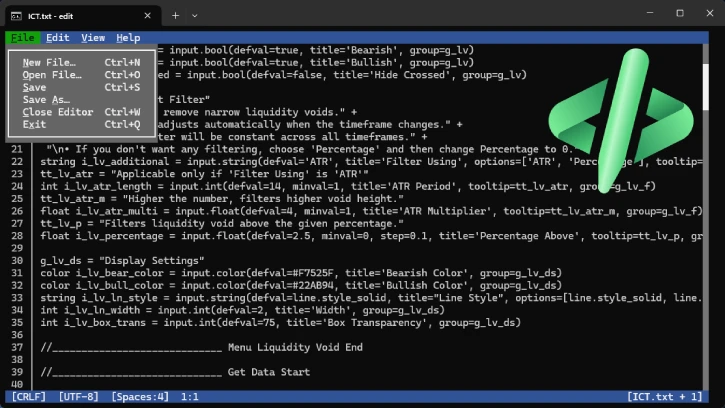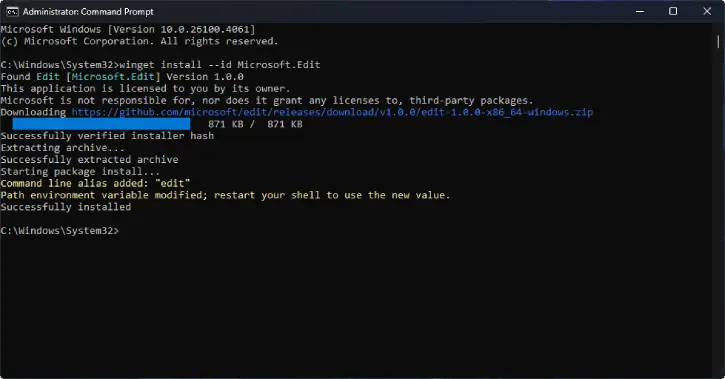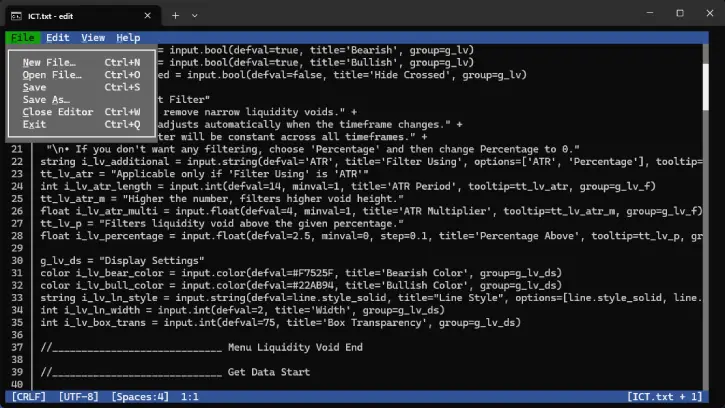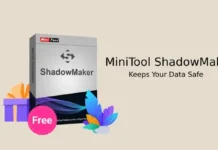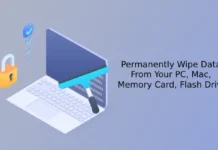In this guide, we will explain how to install Microsoft Edit app and how to utilize it in Windows 11. Edit is a new command-line interface (CLI) text editor that features essential functionalities for users who need to create or modify text files directly from the command line, without switching to other GUI applications like Notepad.
Microsoft may soon ship the CLI text editor with the Windows 11 Insider Preview, but you can install it right now on your Windows 11 or Windows 10 system. You can install this open-source text editor either via the Windows Package Manager (Winget) or by directly downloading it from the GitHub repository; the first option is preferable.
Microsoft’s new Edit app is a lightweight, open-source command-line text editor, weighing in at just 205 KB. It resembles the classic MS-DOS Editor but boasts a modern interface and input controls akin to those found in VS Code.
Similar to popular Linux text editors like VIM and Nano, Microsoft Edit offers features such as mouse navigation, the ability to edit multiple files, find and replace functionality, word wrap, and various enhancements. These improvements make it a versatile tool for users looking for efficient text editing directly within the command-line interface.
Table of Contents
How to Get Microsoft Edit app in Windows 11 and 10?
1. First, open Command Prompt as administrator in your Windows 11/10.
2. Type winget install --id Microsoft.Edit and press Enter.
3. Next, type Yes (if ask) and press Enter to install the Edit app.
4. Alternatively, you can download and install the text editor from the official GitHub page.
Now, let’s learn how to use the Microsoft Edit app. You can access the app directly from Windows Terminal (Command Prompt or PowerShell) and edit text. Here’s how to do it:
How to Use Microsoft Edit app?
1. To open Edit app, launch Command Prompt (or Terminal) on Windows 11 (You can also use PowerShell).
2. Type Edit in the Command Prompt and press Enter. It will open the Edit app.
3. Now you can type new text, browse and edit existing test file using the File menu.
4. To open a file directly in Edit, type the command Edit TEXT-FILENAME.txt (replace FILENAME with original file name) and press Enter.
5. You can use the “Alt + F” shortcut key to open the “File” menu, then select “Open File” using mouse. Choose your file and double-click it or press Enter to open it.
6. The “Edit” menu gives you options like undo, redo, cut, copy, and paste. You can also find and replace text from this menu.
7. To enable word wrap, press “Alt + Z” or find the option in the “View” menu.
8. To save your changes, use “Ctrl + S.” There’s no shortcut for “Save as,” but you can find that option in the “File” menu.
Conclusion:
Microsoft Edit is a user-friendly text editing tool designed for developers and system administrators, offering a straightforward interface for basic text editing tasks. This convenient application allows users to navigate and edit files efficiently without relying on a graphical user interface, which streamlines workflows and boosts productivity.
With Microsoft Edit, users can quickly make changes to text files directly within the Windows command-line environment, making it an ideal solution for those seeking a practical and efficient text editing experience. Whether you’re coding, scripting, or managing system configurations, Microsoft Edit enhances your editing capabilities and simplifies your workflow.

